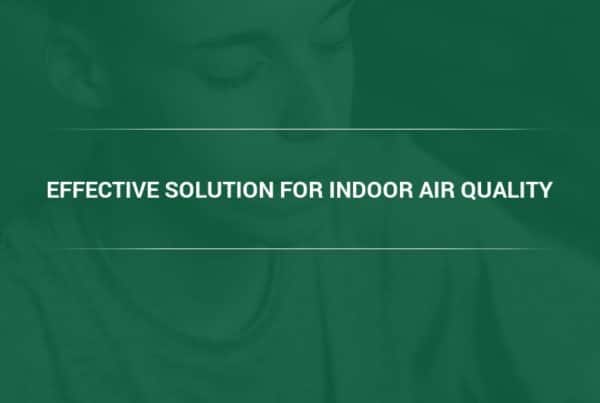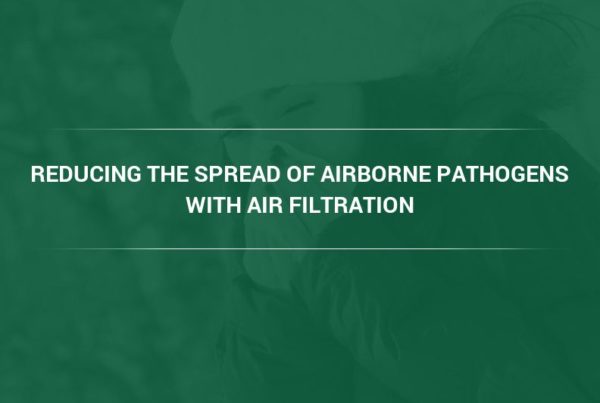Apr 28, 2020 (KISSPR.com via COMTEX) — Riverdale, NJ — “To provide a healthy and productive indoor air environment, the focus should be put on filtering particles that are 1 μm (micrometer) or smaller in diameter – particles known as PM1 (Particulate Matter 1). Watch this video to learn more about ePM1.” Camfil Clean Air Solutions
What is PM1?
Particulate matter can ravage human health, according to the EPA, with its effects ranging from an irregular heartbeat to premature death. The severity of health effects increases as particulate matter gets smaller. While larger particles are filtered out in the throat, respiratory tract, and by the lungs’ alveoli, the human body cannot completely defend itself against PM1. PM1 is particulate matter smaller than 1-micron in diameter.
Learn more about PM1
How does PM1 increase risks associated with COVID-19?
With 2020’s ongoing outbreak of COVID-19, high efficiency air filters may be more important than ever to public health. Global air pollution solution experts from Camfil are addressing the pandemic in a variety of ways in order to educate the public about the scientific aspects of the disease, as well as the scientific solutions that can be used to combat it.
Besides the adverse health effects associated with PM1, it can also interrupt production machinery and affect production materials. With the widespread need for ventilators, sanitary equipment, and medicine, efficiency in factories and cleanrooms cannot be compromised.
Additionally, lung tissue damage caused by small particulate matter may put infected individuals at a higher risk of severe adverse consequences from the disease.
The highly communicable novel coronavirus is carried by respiratory droplets that can linger in the air for as long as two hours and can be small enough to be categorized as PM1. However, it’s possible that infected respiratory droplets of any size can enter the body and cause an infection. For more information about reducing exposure to PM1, watch Camfil’s recent video.
Related:
“Why People with Certain Blood Types May Benefit More from Air Filters”
With an extended period of time that respiratory droplets can remain airborne, effective air filtration is a must. If respiratory droplets are not removed from the air, the possibility exists that they could be transported elsewhere in the building through the HVAC system.
Guidelines such as social distancing, hand washing, and general hygiene should be followed as these are the primary methods to lower the risk of infection. However, we should all be aware of the risk of contaminated air and educate ourselves on how to lessen that risk with high-efficiency air filters. In buildings with shared HVAC systems, we have the opportunity to help protect our neighbors as well.
Contact a Camfil USA air filtration expert here for more details
###
Media Contact:
Lynne Laake
Camfil USA Air Filters
T: 888.599.6620
E: Lynne.Laake@camfil.com
F: Friend Camfil USA on Facebook
T: Follow Camfil USA on Twitter
Y: Watch Camfil Videos on YouTube
Source: Story.KISSPR.com Release ID: 13204



